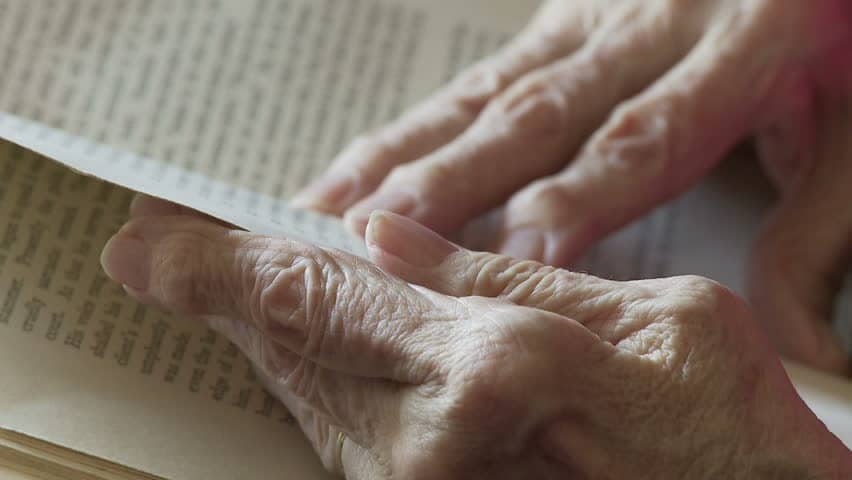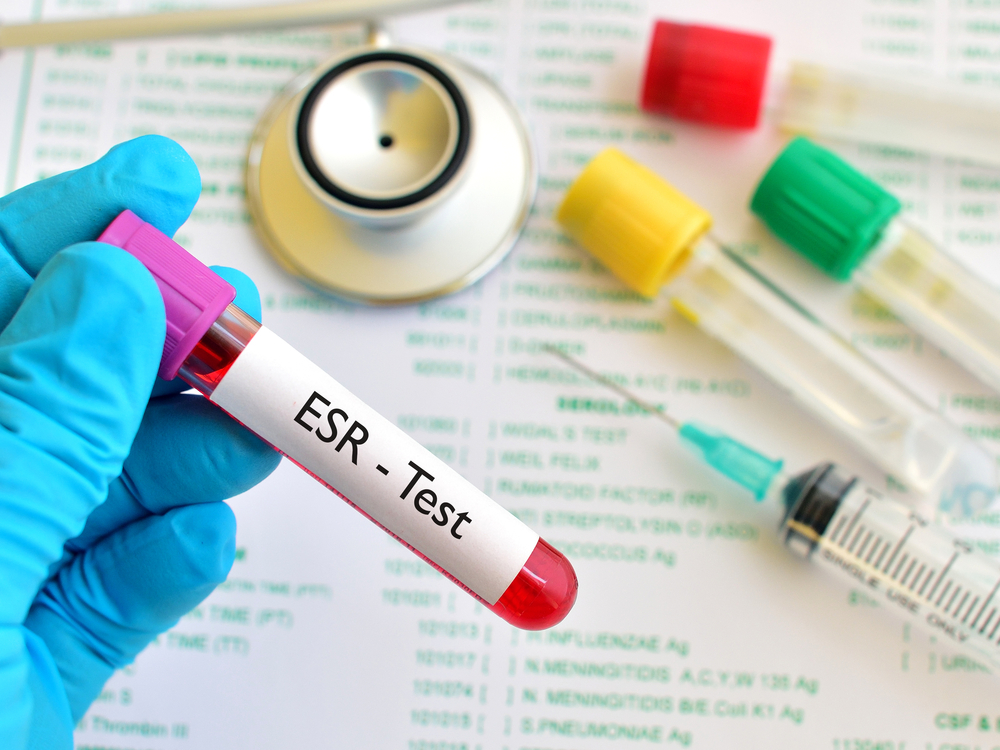Contents:
- Medical Video: The Pain, Swelling And Stiffness of Rheumatoid Arthritis
- Rheumatism in the elderly
- What can be done to treat rheumatism in the elderly?
- 1. Medications for rheumatism
- 2. Rest and exercise
- 3. Operation
Medical Video: The Pain, Swelling And Stiffness of Rheumatoid Arthritis
Rheumatism is a complaint that mostly affects the elderly. Getting older, your body's function decreases, including joint function. This makes it difficult for you to move and limit your activities. For those of you who have arthritis, treating rheumatism may have to do to relieve symptoms.
Rheumatism in the elderly
Rheumatism is an autoimmune disease that causes inflammation in the joints. Rheumatism can attack many joints in your body, such as joints in both hands, both wrists and your knees.
Rheumatism can affect anyone. However, generally women experience arthritis more often than men. Usually, this disease appears in adulthood, but can also only appear in old age.
Treating rheumatism at an advanced age or in the elderly may be a little difficult. Because, the elderly are usually more sensitive to drugs used to treat rheumatism. As you get older, disease usually starts to appear. So, you might need more medication to treat your disease one by one. That is, more drug interactions and side effects will occur. So, this might complicate the treatment of your rheumatism.
What can be done to treat rheumatism in the elderly?
Rheumatism usually causes symptoms, such as pain and swelling in the joint area, stiffness in the joint (usually in the morning or after sitting for a long time), and fatigue. Well, rheumatoid medication generally focuses only on reducing these symptoms, not healing.
1. Medications for rheumatism
Most drugs used to treat rheumatism in the elderly are generally the same as drugs used to treat rheumatism in younger people. Some drugs that can be used to treat rheumatism are:
- Nonsteroidal anti-inflammatory drugs , like ibuprofen. This drug can be used to relieve swelling, stiffness, and pain in the joints. However, the use of this drug can cause side effects, such as abdominal pain and bleeding in the stomach. For those of you who have problems with the heart and kidneys, you must be careful in using these drugs.
- Corticosteroid drugs, like prednisone, can also relieve symptoms of rheumatism. However, using this drug can increase your risk of osteoporosis. To reduce the risk, you can use corticosteroids at lower doses.
- Disease-modified antirheumatic drugs (DMARD /disease-modifying anti-rheumatic drug), such as methotrexate, hydroxychloroquine, and sulfasalazine. This is a drug commonly used to treat rheumatism in the long term. This drug helps in relieving rheumatic symptoms and prevents permanent damage to the joints. However, you must be careful when using this medicine if you have lung or kidney problems.
- Biological therapy, is a new drug for treating rheumatism. This drug acts as a natural substance in the blood to inhibit pain and swelling. The use of these biological drugs can generally be followed by the use of other rheumatoid drugs. This drug certainly also has side effects, but the benefits may be greater.
2. Rest and exercise
In addition to drugs, another thing you can do to reduce the symptoms of rheumatism is adequate rest and regular exercise. However, you must adjust to the pain you feel. If arthritis is worsening, you should not move much, rest your joints. And, if the pain has improved, you can exercise to strengthen your muscles. Enough to do light exercise, such as walking and swimming.
3. Operation
If joint damage from rheumatism gets worse and worse, surgery may help treat your rheumatism. You should consult your doctor.












